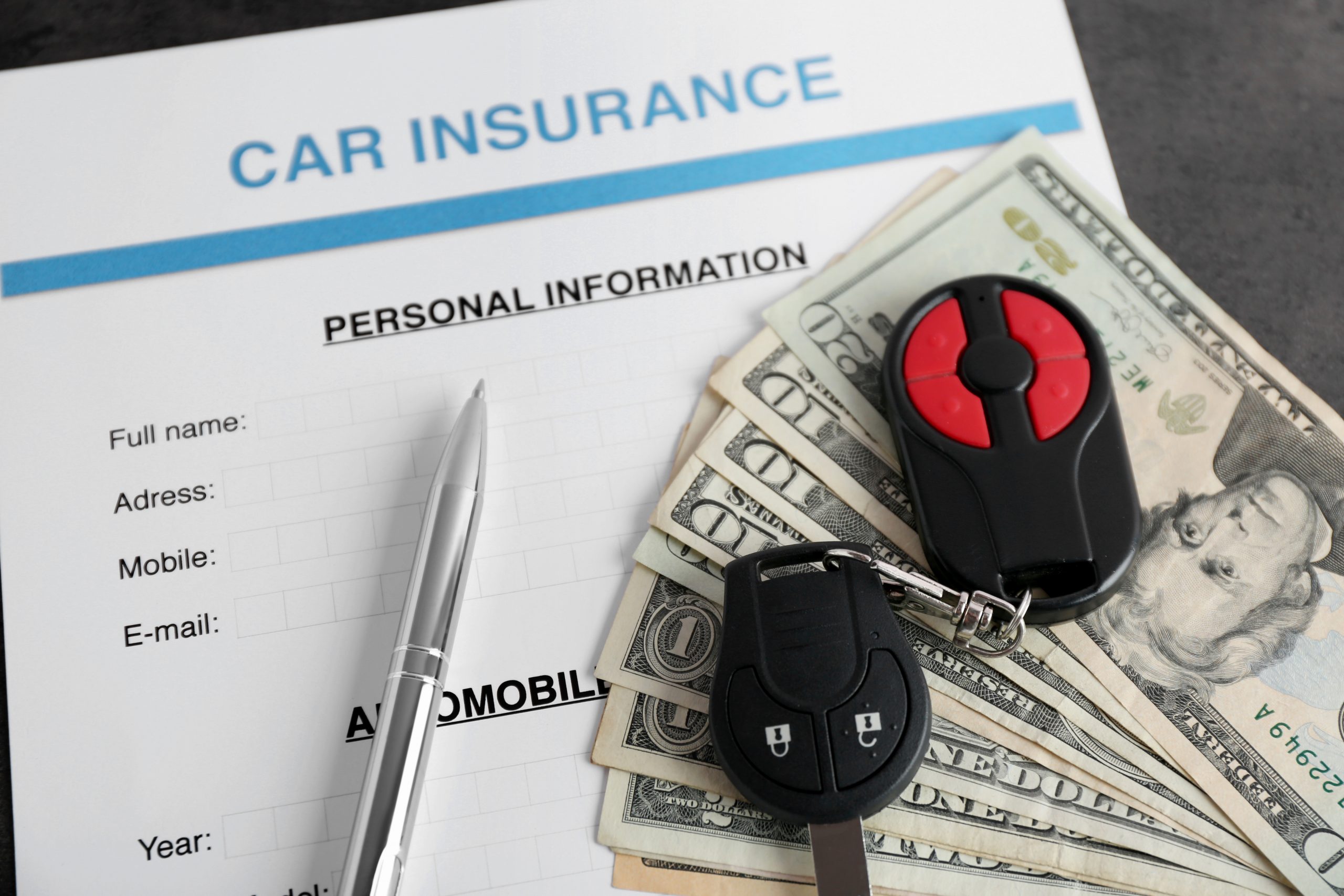6 Factors that Affect Your Auto Insurance Rates

Auto insurance (also known as car insurance) is there to protect you in the event of an accident. Whether it’s a minor fender-bender, a serious collision, or a run-in with someone else’s property, your car insurance policy can help reduce your personal liability and financial burden.
How much you pay for auto insurance can vary widely, though the Insurance Information Institute reports that the average cost of insuring a medium sedan in 2020 was $1,245. Of course, this number can be higher or lower. Read on for six factors that can affect your auto insurance rates.
1. Your driving records
Your driving record carries a lot of weight. When all is said and done, insurance companies are trying to predict how likely you’ll be to file a claim. Drivers who have prior accidents, traffic tickets, or moving violations often appear riskier to auto insurers.
The good news is that past mistakes don’t have to haunt you forever. Demonstrating a consistent history of safe driving can redeem you in the eyes of insurance companies and unlock lower rates. Where your driving record is concerned, many insurers only look at the last three to five years of activity. Resolving citations and playing by the rules can be the first steps in reducing your car insurance premiums.
2. The type of car you have
Your car can also play an important role in your auto insurance rates. If you have a newer car, you may have access to higher-quality safety and security features. Cars with built-in lane departure warnings and blind spot protection, for example, may be more attractive to auto insurers. This in itself could translate to lower rates.
It’s important to note, however, that having the latest car doesn’t always guarantee that you’ll get the best rates. Another thing auto insurance companies consider is how expensive it will be to replace or repair your vehicle if it gets damaged. A luxury vehicle will likely cost more, which could lead to higher rates. Insurers also consider the likelihood of your car being stolen. If you live in an area with a high level of theft, you may end up paying more.
3. Your level of coverage
Your auto insurance rates rely heavily on your level of coverage. Most states have their own minimum requirements, so it can vary depending on where you live. With that said, minimal coverage often includes bodily injury, along with property damage caused by your vehicle. Your state’s Department of Motor Vehicles website should be able to clarify what’s required in your area.
Drivers who purchase the minimum amount of insurance may pay less than those who opt for a higher level of coverage, but it’s all a trade-off. Paying more for car insurance could end up saving you money in the long run if you experience an event that wouldn’t otherwise be covered. Collision coverage, for instance, will increase your rates — but it covers your car if it’s damaged in an accident, which is no small thing. Meanwhile, comprehensive coverage can extend to theft or vandalism.
None of us can predict the future. So your level of coverage really comes down to your unique financial situation and personal risk tolerance.
4. Your deductible
Once your auto insurance policy is active, you’ll pay a premium in exchange for coverage. If something happens and you need to file a claim, you’ll have to meet your deductible before your insurer kicks in their share. (FYI, auto insurance deductibles tend to reset with each new claim.)
A higher deductible often means lower rates. This can be good for your wallet, but it’s impossible to avoid accidents caused by other drivers. The same goes for theft and vandalism. If you do choose to go with a higher deductible, it’s wise to have that amount saved up in your emergency fund should you need it.
Think of it as a financial safety net that will catch you if you need to file a claim. If you wouldn’t be able to come up with your deductible if you needed to, going with a higher rate may be your best option. When shopping around for auto insurance, be sure to compare rates and deductibles to find the best policy for your budget.
5. Whether or not you leverage discounts
Depending on your insurance company and state, you may be eligible for discounts that could help reduce your auto insurance rates. If you own your home, look into bundling your homeowners insurance in with your auto coverage. Many insurers offer discounts to those who bring them more business. Seniors, students and military service members may also be able to score better rates — but you won’t know unless you ask. At Matic, we can help you find the best bundled rates for your home and auto insurance by pulling from our marketplace of 40+ A-rated carriers.
It’s also worth looking into discounts available to safe drivers. For example, your insurance company might agree to knock down your rate if you attend a defensive driving course. Others extend loyalty discounts to those who’ve stayed with the company for an extended period of time.
6. Your location
When it comes to your location, your neighborhood can also play a role in your car insurance rates. Those who live in areas that have more accidents or higher rates of theft or vandalism typically pay more than folks who live in rural areas. The same usually goes for small towns and suburban neighborhoods.
Again, rates can also vary from state to state. If you live in a state that has severe weather or a large number of uninsured motorists, you could be looking at higher premiums. This is part of the reason why Florida is known for higher car insurance rates.
This is all to say that auto insurance rates are rarely set in stone. At Matic, we help consumers find affordable car insurance policies without the headache. Begin by getting a personalized quote in a matter of minutes.



